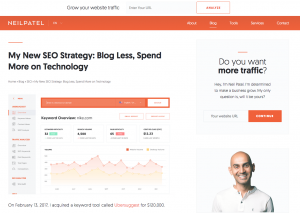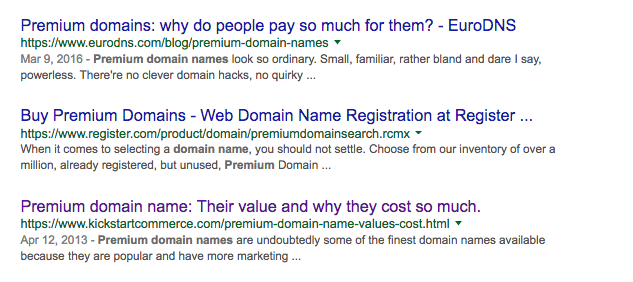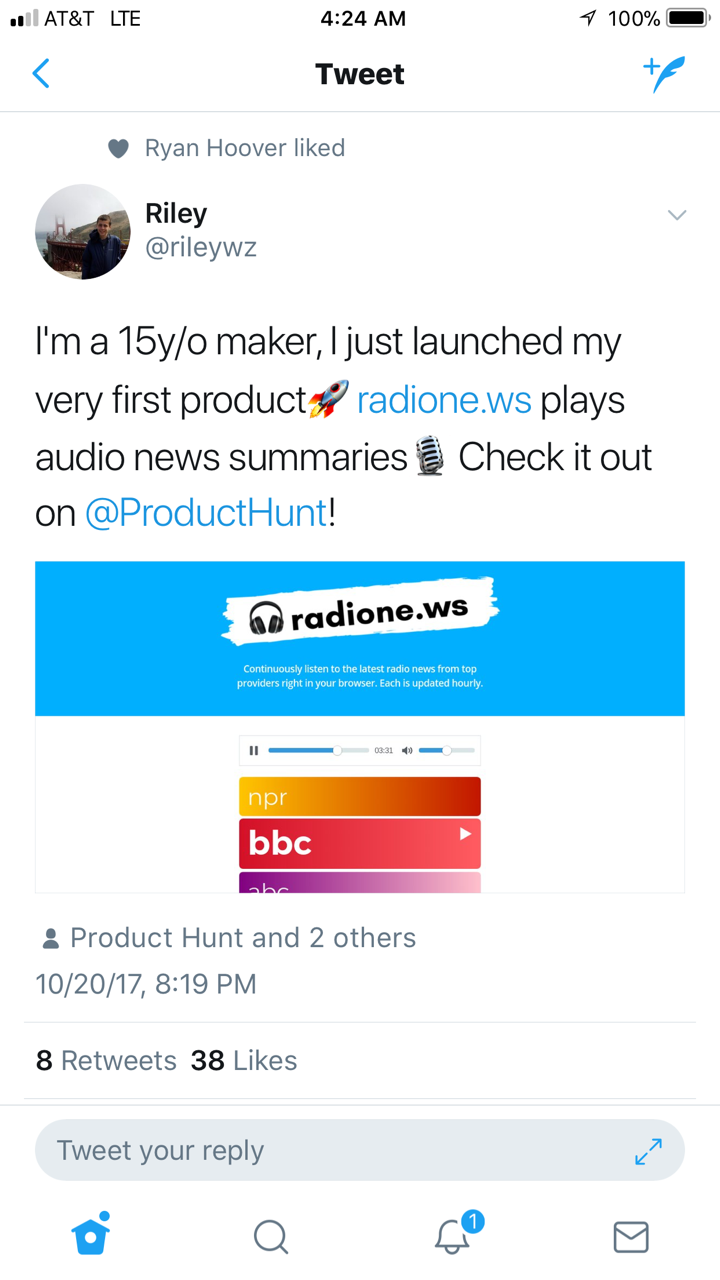
The Impact of Hiding Website and Blog Post Dates.
You’ve likely encountered this issue I’m sharing with you today in regard to whether or not hiding website and blog post dates impacts search rankings.
There is a camp of folks strongly believing that hiding the date from search engines is believed to increase search rankings and click-through rate of search results — giving the perception content is truly evergreen.
For example, Neil Patel’s website and blog hide the date from search engines and readers, as shown below via his website and Google search results.



Then there is also a camp of folks strongly believing that hiding the date from search engines doesn’t lead to increased search rankings or click-through-rate.
In addition, this same group is likely to believe that hiding the date from search engines is nothing more than a ploy to game search engines for higher rankings and visitors to click their search results.
Personally, I believe there may be a kernel, albeit a small one, of truth to the beliefs of both camps.
There is a chance online searchers are more likely to click on a search result not having a date than one having a date of one or more years old.
After all, Google has programmed online searchers to classify search results into one of two categories since the conception of search: outdated or relevant.
For example, when searching Google for the phrase “premium domain names,” you’re likely to discover the following on page 1 or 2 of Google search results:

Which search result are you likely to click?
Out of the three (3) listed search results in the above image, most searchers are likely going to click on the most up-to-date post as it’s perceived to be contextually relevant based on date freshness.
A search result without a date is likely to be clicked in an effort to visit the page to discover how relevant the content is juxtaposed to the current date of performed search.
Unfortunately, the KickstartCommere.com search result is likely “perceived” to be the oldest and most outdated. I can only hope a searcher finds my title appealing “enough” to receive a click and not to be simply dismissed because of the date.
So, what is the impact of hiding website and blog post dates?
Before answering this question in a knee-jerk fashion, truly take a moment to examine your own search habits. Ask yourself the following questions:
- What criteria do I use to judge whether search results are credible?
- Am I prone to project a “trust factor” on content less than a year old?
- Do I display a “date” bias towards content when searching?
Personally, I’ve clicked search results with a relevant date only to discover diluted content that didn’t provide me with more than basic knowledge.
Folks tend to search with anticipation to find a short, understandable answer to meet their needs. Search is all about creating a frictionless experience.
To that end, removing dates from website and blog posts likely damages your website’s credibility.
Then to add insult to injury, search rankings for blogs are likely to suffer, especially if the content does not adequately solve or answer a searcher’s problem or question.
But again, many high-profile websites and blogs have long committed to removing dates from content and comment sections, and their search rankings or web traffic has not suffered.
If you want to brave the waters to hide website and blog post dates, watch the quick tutorial below as I show how to use a simple WordPress plugin: Hide My Dates.
Let me know if you have questions or comments. Please share your experience, whether good or bad, regarding hiding website and blog post dates.
Thanks, and that’s all for now!












